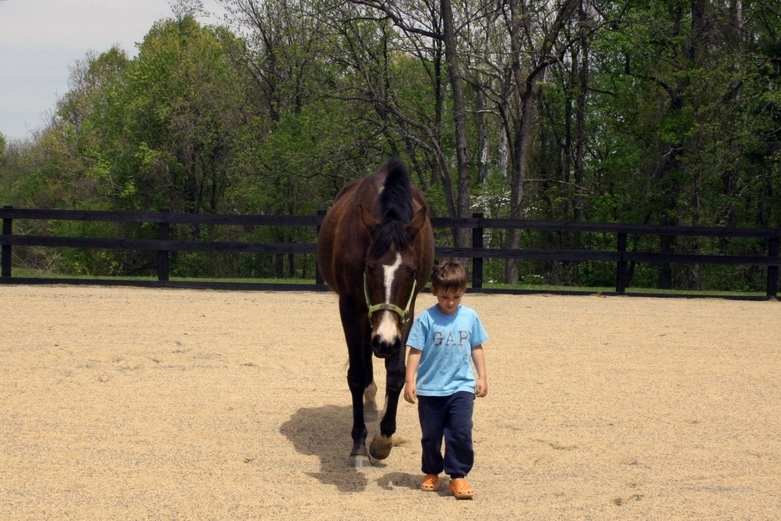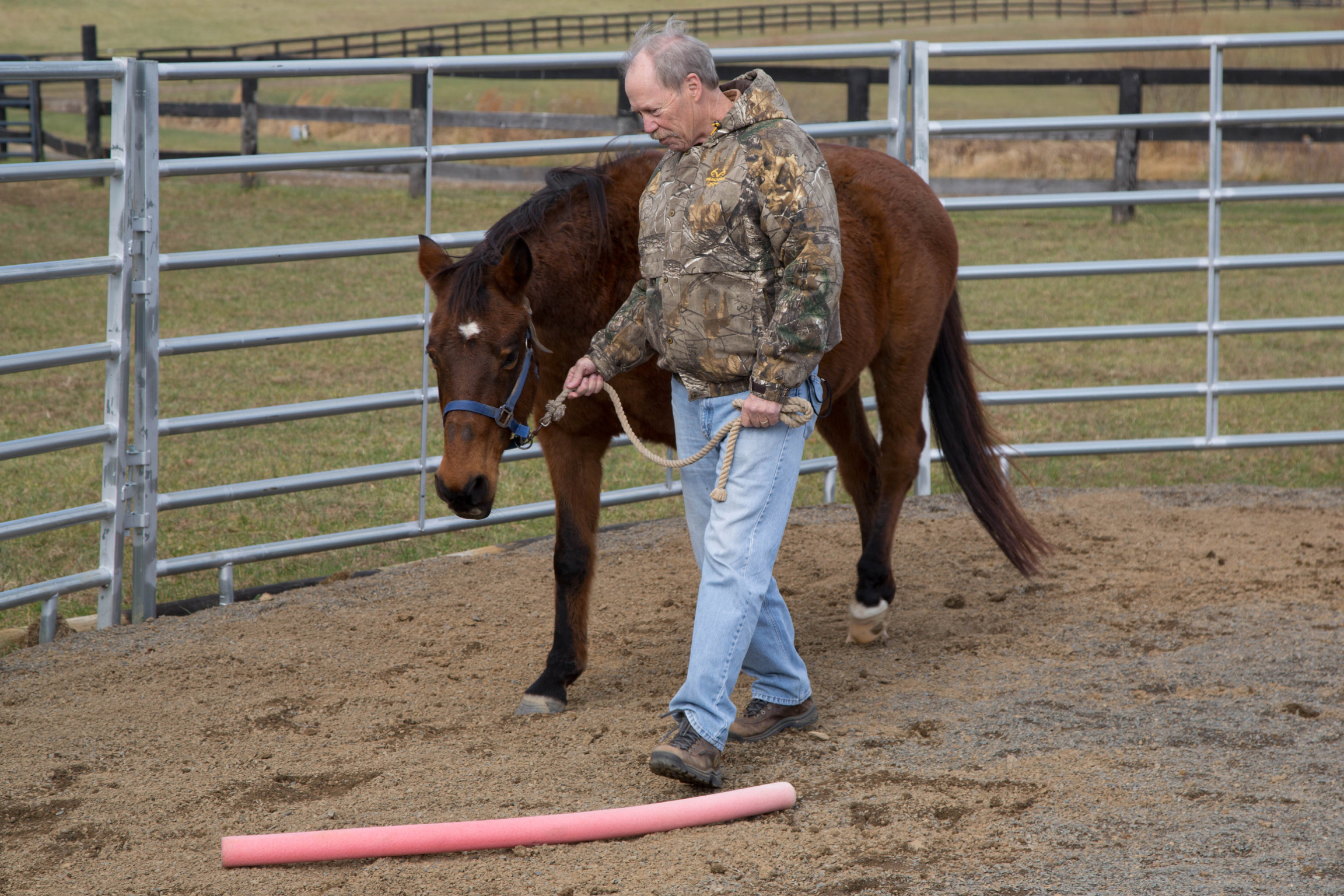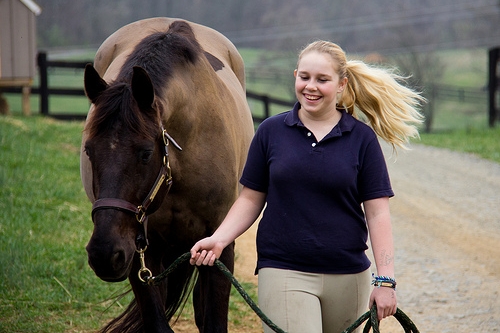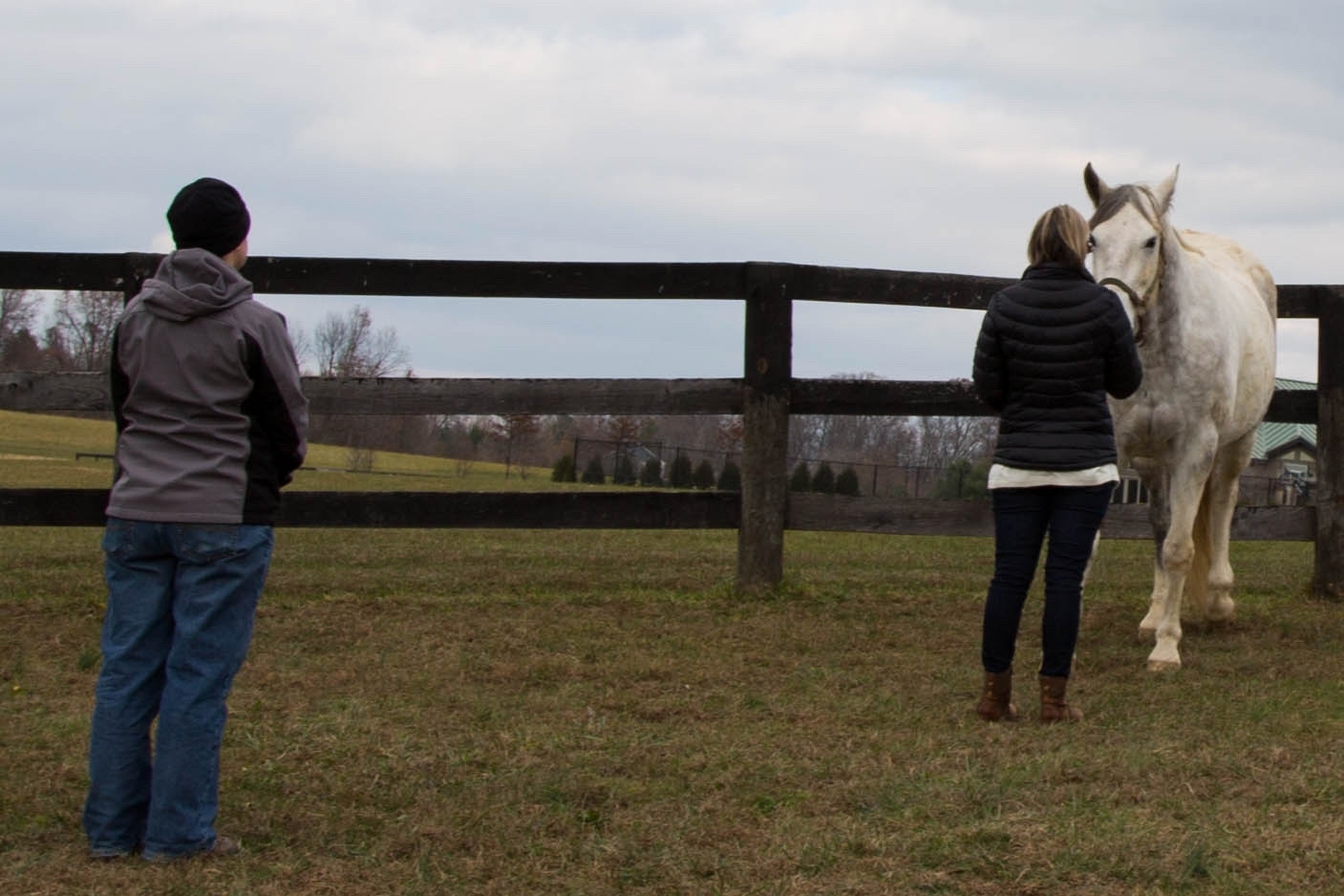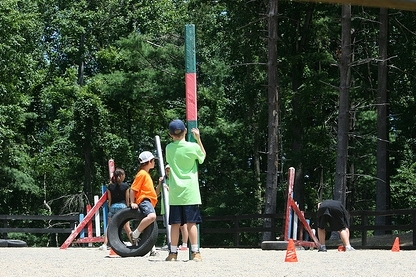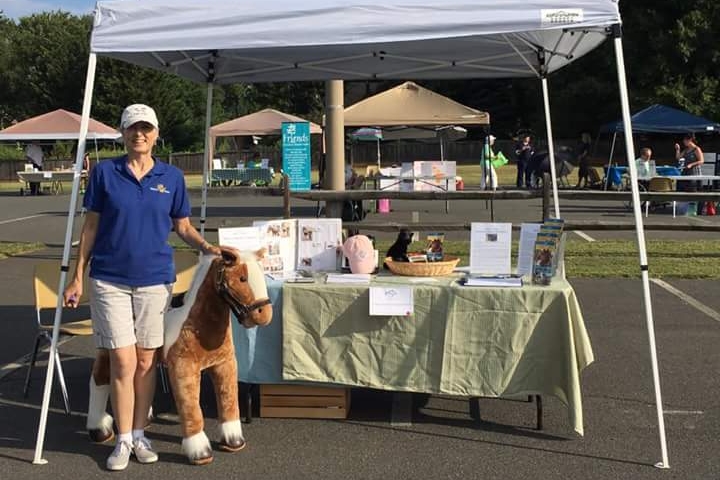Our non-riding approach puts clients and horses on equal footing where horse and human work as partners in healing. Safety is a top priority, so our clients can comfortably explore new thoughts and ideas while recognizing patterns and reactions that may no longer be productive. Through developing connections with our horses, and guided by our experienced facilitating team, clients take away lessons they can apply to “life outside the paddock’.
Our Core Principles
Treat each client, and each horse, as a unique individual with specific needs
Offer a safe peaceful space where growth and healing may occur
Provide opportunities for clients to experience true partnership with our horses
Create a community of mutual healing, benefit, respect and compassion
Why horses?
The calming presence of horses, coupled with their keen ability to sense and respond to human emotion and intention, provides an ideal environment for self-discovery, healing and personal growth.
Project Horse is dedicated to improving the quality of life for humans, and for horses, creating a unique community of mutual healing and benefit.
Experience the power of equine assisted therapy and experiential learning.
“As a therapist who continues to work with at-risk, trauma exposed, and emotionally disturbed children, there is no therapeutic setting I have experienced that is more naturally suited for building resilience in this population, and no staff that I can more highly recommend.”
Who Can Benefit From Our Programs?
Millions of Americans, both children and adults, struggle with life challenges. Project Horse helps those with anxiety, depression, trauma, social skills deficits, behavioral issues, substance abuse, and lack of self confidence.
Project Horse can help if ...
traditional therapy hasn't worked and you want to try something new
you want to become more self aware and more at peace
you are struggling with depression and/or anxiety
a traumatic experience has left you questioning how to cope
you want your child to build self-esteem, have fun and get outdoors
your child has trouble relating to others and is acting out
your child struggles with a learning disability or behavioral challenge
your family has been torn apart by explosive and destructive behaviors



